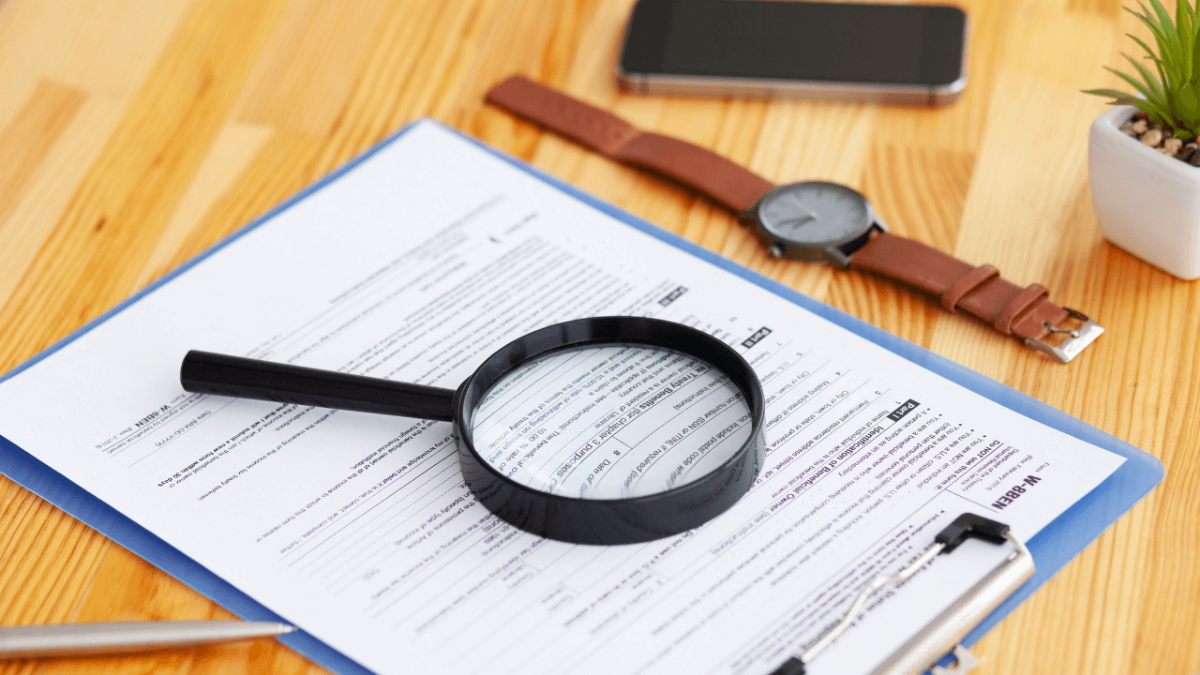Starting or running a business is exciting, but it comes with its fair share of risks. Fires, lawsuits, employee accidents, or even a cyberattack can set your business back significantly. That’s where business insurance comes in.
This guide will break down the different types of business insurance, explain why they’re essential, and show you how to pick the right coverage for your company. By the end, you’ll be equipped with the knowledge needed to protect your hard-earned business.
What Is Business Insurance?
Business insurance is a broad term that refers to policies designed to protect a business from financial losses due to unexpected events like property damage, theft, liability claims, or employee-related risks.
These policies ensure your business stays afloat during tough times by covering expenses such as repair costs, legal fees, and compensation payouts. Think of it as a safety net for your company’s most valuable assets.
Why Is Business Insurance Important?
No matter your industry, unforeseen events can derail your business. Here’s why business insurance is a must-have for every company:
- Protects Against Financial Losses: Accidents and lawsuits can lead to hefty bills. Insurance covers these costs, protecting your bottom line.
- Meets Legal and Contract Requirements: Many states and industries require businesses to have insurance like workers’ compensation or professional liability.
- Boosts Credibility: Having insurance shows your clients and partners that you’re a professional, responsible business owner.
- Safeguards Employees: Business insurance ensures your team is protected if they’re injured or face work-related health issues.
Types of Business Insurance Every Owner Should Know
Not all insurance policies are created equal. Different businesses require different coverage types depending on their industry, size, and risk level. Here are the most common types of business insurance you should consider.
1. General Liability Insurance
This is often the first type of insurance that small businesses invest in. It covers third-party claims of bodily injury, property damage, and advertising injuries (like defamation or copyright infringement).
Examples
- A customer slips and falls at your retail store and files a claim for medical expenses.
- A competitor accuses your business of using their trademarked slogan.
2. Commercial Property Insurance
Does your business own physical assets like a building, inventory, or equipment? This policy covers repair or replacement costs if they’re damaged or destroyed by fire, wind, theft, or vandalism.
Examples
- A fire damages your office and computer equipment.
- A thief breaks in and steals your valuable inventory.
3. Business Interruption Insurance
What happens if your business can’t operate for a while due to events like natural disasters? Business interruption insurance compensates for lost income and ongoing expenses, like employee salaries and rent.
Example
- A hurricane forces you to temporarily shut down your restaurant, leading to revenue loss for several weeks.
4. Workers’ Compensation Insurance
Most states require businesses with employees to carry workers’ compensation insurance. It covers medical expenses, lost wages, and legal costs if an employee is injured or becomes ill as a result of their work.
Examples
- An employee strains their back while lifting heavy stock in a warehouse.
- A construction worker is injured at a job site and sues your company for medical costs.
5. Professional Liability Insurance
Also known as errors and omissions (E&O) insurance, this policy is ideal for service-based businesses. It protects against claims of negligence or mistakes made in the course of providing professional services.
Examples
- A graphic designer is sued by a client who claims their branding caused a loss of sales.
- A consultant provides advice that results in financial harm to a client.
6. Cyber Liability Insurance
If you handle sensitive customer data, such as credit card information or personal details, cyber liability insurance is crucial. It covers costs related to data breaches, identity theft, and cyberattacks.
Example
- Hackers gain access to your e-commerce site and leak customer payment information. This policy covers notification costs, legal fees, and system recovery.
7. Product Liability Insurance
If your company manufactures or sells physical products, this insurance covers you against claims of injury or harm caused by your products.
Example
- A customer experiences an allergic reaction to an ingredient in your skincare product and sues you.
How to Choose the Right Business Insurance
With so many options, selecting the right coverage can feel overwhelming. Follow these steps to ensure you’re making the best choice for your business.
1. Assess Your Risks
Start by identifying the risks specific to your industry. For instance, a retail store may need property and liability insurance, while a tech startup should prioritize cyber liability coverage.
2. Understand Legal Requirements
Check the insurance requirements in your state or industry. For example, workers’ compensation is mandatory in most jurisdictions, while other coverages may depend on your field.
3. Work with a Trusted Insurance Broker
An insurance broker can help you identify the most suitable policies for your business. They can recommend bundling options, which often save you money.
4. Compare Coverage and Costs
Don’t just focus on premiums. Look for policies that offer comprehensive coverage and understand the conditions, exclusions, and limits of each.
5. Review Your Needs Regularly
Your business evolves over time, so your insurance should, too. Periodically review your policies to ensure they still meet your needs.
Don’t Overlook These Insurance Tips!
- Document Everything: Keep records of claims, incidents, and communications with insurance providers in case disputes arise.
- Bundle Policies: Many insurers offer Business Owner’s Policies (BOPs), which combine common coverages like general liability and property insurance at a discounted rate.
- Plan for the Worst: Even if certain risks seem unlikely, it’s better to have protection in place than be caught off-guard.
Wrapping It Up
Navigating the world of business insurance might seem complicated, but it’s one of the smartest investments you can make for your company. From protecting your assets and income to meeting legal requirements, the right insurance coverage ensures you’re ready for anything that comes your way.
Start by identifying your top risks and connecting with an experienced insurance broker. By taking a proactive approach, you’ll safeguard your business and set the stage for long-term success.
Want more tips on growing and protecting your business? Subscribe to our newsletter for the latest insights!
FAQs
What types of insurance are essential for my business?
The types of insurance you need depend on your business size, industry, and operations. Common options include general liability insurance, property insurance, professional liability insurance, and workers’ compensation insurance. Consulting with a broker can help determine your specific needs.
How can I lower my insurance premiums?
You can potentially lower premiums by maintaining a strong safety record, implementing risk management programs, and bundling multiple insurance policies with the same provider. Regularly reviewing your policy to ensure you’re not overinsured can also help reduce costs.
Do small businesses really need insurance?
Yes, even small businesses face risks that can lead to financial loss. Insurance helps protect your assets, manage liability, and comply with legal or contract requirements, ensuring peace of mind.
How do I choose the right insurance provider?
Look for providers with strong customer reviews, industry experience, and a range of coverage options tailored to your business needs. Working with an insurance broker can simplify the process and find the best match for your organization.
When should I review my business insurance policies?
It’s a good idea to review your policies annually or after major changes to your business, such as expansion, relocation, or new product launches, to ensure your coverage remains adequate and up to date.











